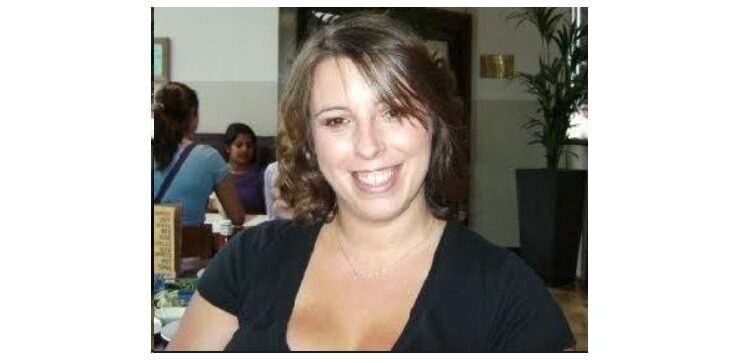As we end Grief Awareness Week, Laura Young, head of HR & development at AIG Life, speaks to Health & Protection about losing her mum to vascular dementia, using Smart Health to deal with feelings of being “un-normal” and squeezing her sister that bit tighter these days.
“I lost my mother in January 2023, though in truth I lost her a long time before to vascular dementia,” Young tells Health & Protection.
“The disease took away who she was at least seven years before she passed. When she died she was living at home and my father was her main carer, but had been unwell for some time.
“Initially I didn’t do anything when she died. I was away with friends but still comforted my sister and father, and empathised how sad it was. Looking back, I had pulled away.”
Going into organisation mode
Despite being the youngest of her siblings, Young reveals she went into organisation mode.
“I booked flights to Scotland, researched how death registration worked, carried on working until my team told me to stop,” she continues.
“I did the useful things, my sister took the cups of tea and stories route and I argued with the bank about their failure to protect customer data. I booked the funeral, which was going to be a month later. I let family know, then felt sad as an uncle had also passed away the same week.
“It was at that point, talking to my cousin, that I realised I perhaps wasn’t dealing with what was going on.
“I started to feel overwhelmed and quite frankly angry that I was doing all the “work” selecting items for the funeral, writing the eulogy, no-one else wanted to do it. I was snapping at my poor father who had just lost his wife of 53 years, and I was yet to cry.”
“I genuinely work with one of the most human companies and individuals I’ve experienced in my role, and I’m very grateful for that,” she continues.
“I realised I wasn’t doing well when talking to colleagues who had also just had their parent die. So having access to Smart Health, I picked up the phone to and talked to the mental health triage team.”
Feeling ‘un-normal’
In terms of the benefits at her disposal, Young says that through Smart Health she met six times with a psychologist to talk about her response and how “un-normal” she felt.
“I have had two other bereavements in recent years, my brother and a close uncle,” Young adds.
“I took the organisation role with my uncle and was very anxious about the expectation when my brother died. So talking helped me unpack it all and realise grief is a continuum. That there were lots of feeling to unpack, not just loss of a parent.”
And these services were necessary to help Young reverse those un-normal feelings.
“I felt a little more like me again, as a normal person going through grief,” she adds.
“I was able to be kind to myself and stop beating myself up for not sobbing or stopping everything I was doing. It was a perceived version of grief and how I was supposed to act – but the truth is there are no rules or expected behaviours. Any action is okay.
“I know from when my brother died that NHS services are overwhelmed. That charities for bereavement have limited resources and the support you get depends on where you live, even if you are brave enough to make that initial call.
“Not being able to access help can leave people feeling they’re not ‘sad’ enough and that they need to just get on with it.”
Access to PMI and EAP
But Young also learned that it was not just Smart Health that could help her, but the access she had to private healthcare, through her employee benefits and employee assistance programme.
“And just the ease of being able to use an app and chatting after hours made Smart Health the right call for me because I could use all of its resources, from GPs support to psychologist, to get the right support for me,” she continues.
Looking after me
“I also learned that I tend to forget to look after me, and what I need, which is ironic given that my job is as an HR leader.
“I tend to see myself as needing to be strong and organised for everyone else’s benefit. That I need to be there for other people.
“What I’ve in fact learnt is to be kinder to myself, and to acknowledge that having a complete spectrum of emotions is completely normal.”
But Young’s experience has also meant she understands the importance of cover and being aware of how she is.
“I didn’t know that I was struggling – and I worry what might have happened if I had not made that call to Smart Health,” she says.
“As an HR leader, I look at benefits we provide to understand how they reduce sickness absence, and improve mental health and resilience. In my case, I think without timely effective support, I may have needed an extended break from work.”
Celebrating Mum with ABBA
Looking to the future, Young reveals she feels okay these days and has honoured her mum in her own special way.
“I have honoured my mother in my own way (thank you ABBA Voyage for the joy of celebrating her favourite songs, just how she would remember them),” she continues.
“It’s encouraged the best conversations with my own children, helped me and them understand it’s okay not to be okay, to not hold in your emotions – and that it’s okay to feel and behave differently to other people.
“It’s also made me squeeze my sister that little bit tighter and take joy in our time together – so we make more memories.”






